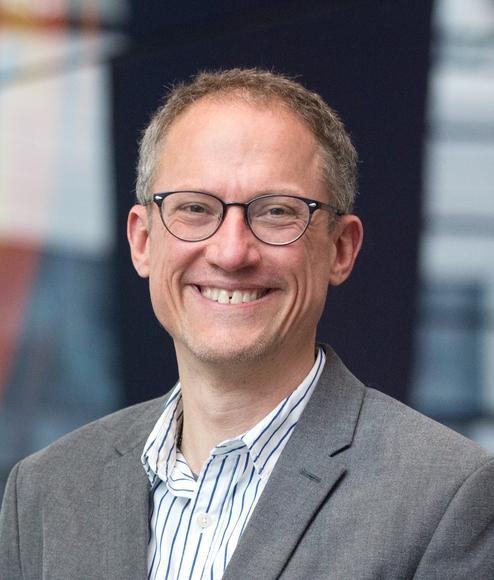Seminar by David A van Dyk, Imperial College London
224 Church St SE
Minneapolis,
MN
55455
Abstract
In recent years, technological advances have dramatically increased the quality and quantity of data available to astronomers. Newly launched or soon-to-be launched space-based telescopes are tailored to data-collection challenges associated with specific scientific goals. These instruments provide massive new surveys resulting in new catalogs containing terabytes of data, high resolution spectrography and imaging across the electromagnetic spectrum, and incredibly detailed movies of dynamic and explosive processes in the solar atmosphere. The range of new instruments is helping scientists make impressive strides in our understanding of the physical Universe, but at the same time is generating massive data-analytic and data-mining challenges for scientists who study the resulting data. This talk focuses on two image-analysis problems in high-energy astrophysics, where images are characterized by Poisson photon counts and complex irregular structures. Data are subject to background contamination, varying exposure, and convolution with point spread functions. Researchers wish to study how the spectral distribution varies across images and/or in specific structures identified in the images. I will illustrate and discuss ways that likelihood-based statistical methods can be combined with techniques from machine learning to produce scientifically meaningful inference with quantifiable uncertainties.
Bio
David van Dyk is a Professor of Statistics in the Mathematics Department at Imperial College London. After obtaining his PhD from the University of Chicago, he held academic positions at Harvard University and the University of California, Irvine before relocating to London in 2011. Professor van Dyk is an elected Fellow in the American Statistical Association (2006), the Institute of Mathematical Statistics (2010), and the International Astrostatistics Association (2016). He is a recipient of the Wolfson Merit Award (2011) and the ASA Founders Award (2019) and was elected to the Board of Directors of the ASA (2015-17). His scholarly work focuses on methodological and computational issues involved with Bayesian analysis of highly structured statistical models and emphasizes serious interdisciplinary research, especially in astrophysics, solar physics, and high-energy physics. He helped found and coordinates the CHASC International Astrostatistics Center and is particularly interested in improving the efficiency of computationally intensive methods involving data augmentation, such as EM-type algorithms and various Markov chain Monte Carlo methods.
